It is not unusual in reported cases for Judges to make observations about aspects of practice.
The case of Baines and Crabal, an interim parenting matter, where judgment was delivered by Judge Scarlett in the Sydney registry on 30 April 2014 is a case in point.
In handing down judgment His Honour included some very worthwhile reflections on the purpose and use of affidavits in the family law jurisdiction which are worth quoting in full as I have done below.
His Honour’s comments about the prevalence and weight attributed to what are colloquially referred to as “cheer squad” affidavits are particularly pertinent.
“Affidavits
[38] Apart from the affidavits of the parties themselves, the parties’ lawyers have obtained supporting affidavits from members of the parties’ friends and family members.
[39] A practice has developed in parenting proceedings before this Court filing affidavits of this type, often referred to colloquially as “cheer squad affidavits. These affidavits are often short on facts but replete with supportive opinions, so that they read more like character references than statements of fact.
[40] These affidavits are often justified by reference to s.69ZT of the Family Law Act 1975, provides that certain provisions of the Evidence Act 1995 (Cth) do not apply to child-related proceedings. There is a mistaken view among some practitioners that the law of evidence does not apply at all in parenting proceedings. This is a serious error.
[41] Section 69ZT provides that certain Divisions of Part 2.1 of the Evidence Act 1995, Parts 2.2 and 2.3, and Parts 3.2 to 3.8 inclusive do not apply. The section does not exclude the operation of the Evidence Act 1995 in its entirety.
[42] The text book The Law of Affidavits8 by John Levingston states at page 7:
In Australia, an affidavit is defined as a written statement made by a person which is sworn or affirmed before a person authorised to administer an oath or affirmation that the contents of the statement are true, as a substitute for oral evidence.
[43] An affidavit must contain statements of fact that are relevant the case of the party who relies on that affidavit. Relevance is the criterion for admissibility, because s.69ZT does not exclude the operation of s.56 of the Evidence Act 1995, which states quite simply:
(1) Except as otherwise provided by this Act, evidence that it relevant in a proceeding is admissible in the proceeding.
(2) Evidence that is not relevant in the proceeding is not admissible.
[44] Whilst it is true that s.69ZT of the Family Law Act 1975 provides at paragraph (1)(c) that Parts 3.2 to Part 3.8, including Part 3.3 which applies to opinion, does not apply, this should not be taken to mean that a deponent to an affidavit can provide a commentary on the proceedings or set out his or her views on what orders the Court should make. It is equally true that the deponent should not set out in the affidavit his or her innermost thoughts about the situation or how he or she reacted emotionally when hearing about certain events.
[45] Such matters cannot be relevant, and if they are not relevant they are not admissible.
[46] As a general principle, a Court will not place a great deal of weight on an affidavit from a close family member giving a ringing endorsement of the Applicant’s or Respondent’s qualities as a parent. Such affidavits are about as useful as a defendant facing sentencing on a criminal charge relying on a character reference from his or her mother.
[47] It is of no evidentiary value whatsoever to fill an affidavit from a relative with hearsay statements from the Applicant about his case, such as:
Mr Baines has disclosed to me that Ms Crabal’s immediate family did not treat Mr Baines with respect.9
Or:
At [Ms Crabal’s] sister’s wedding, Mr Baines was seated at the back table with all the children while every other adult was seated together. Mr Baines told me that he felt he was there as the baby sitter.10
[48] Endorsements of a party’s qualities in general terms without any detail whatsoever are of little or no evidentiary value, for example:
I believe Mr Baines is able to care for the children full time. He has always been there for the children and I know that he loves, encourages and supports the children. I know that the children mean everything to Mr Baines.11
[49] Documents speak for themselves. The contents of a letter cannot be introduced by statements such as:
Ms Crabal and Mr Baines showed me a letter that Mr Baines had received from his then employer [omitted], I recall the letter said…12
[50] Similarly, it is of no evidentiary value for a deponent to provide the Court with his or her innermost thoughts, such as “On a number of occasions I have being (sic) concerned about Mr Baines’s ability to care for the children“ or “I would be concerned for the children’s wellbeing and safety if they were to return to live with Mr Baines“.13
[51] Another deponent provided evidence of sorts about what she did not do by stating“Despite my observations I did not contact the Police, as I did not want Mr Baines to further verbally abuse Ms Crabal“ or what she could not imagine:
I cannot imagine the trauma that this may have caused Ms Crabal and in particular the children…14
[52] When drafting affidavits, practitioners should consider whether the evidence contained in the affidavit will actually add some strength to the case of their client. Evidence does not become stronger just because the party tells someone else who then faithfully repeats it all in an affidavit.
[53] It should be clear that the opinion of an interested party about a situation is usually not relevant, and if evidence is not relevant it is not admissible. Irrelevant evidence will not be saved even by the most generous interpretation of s.69ZT of the Family Law Act 1975.”



